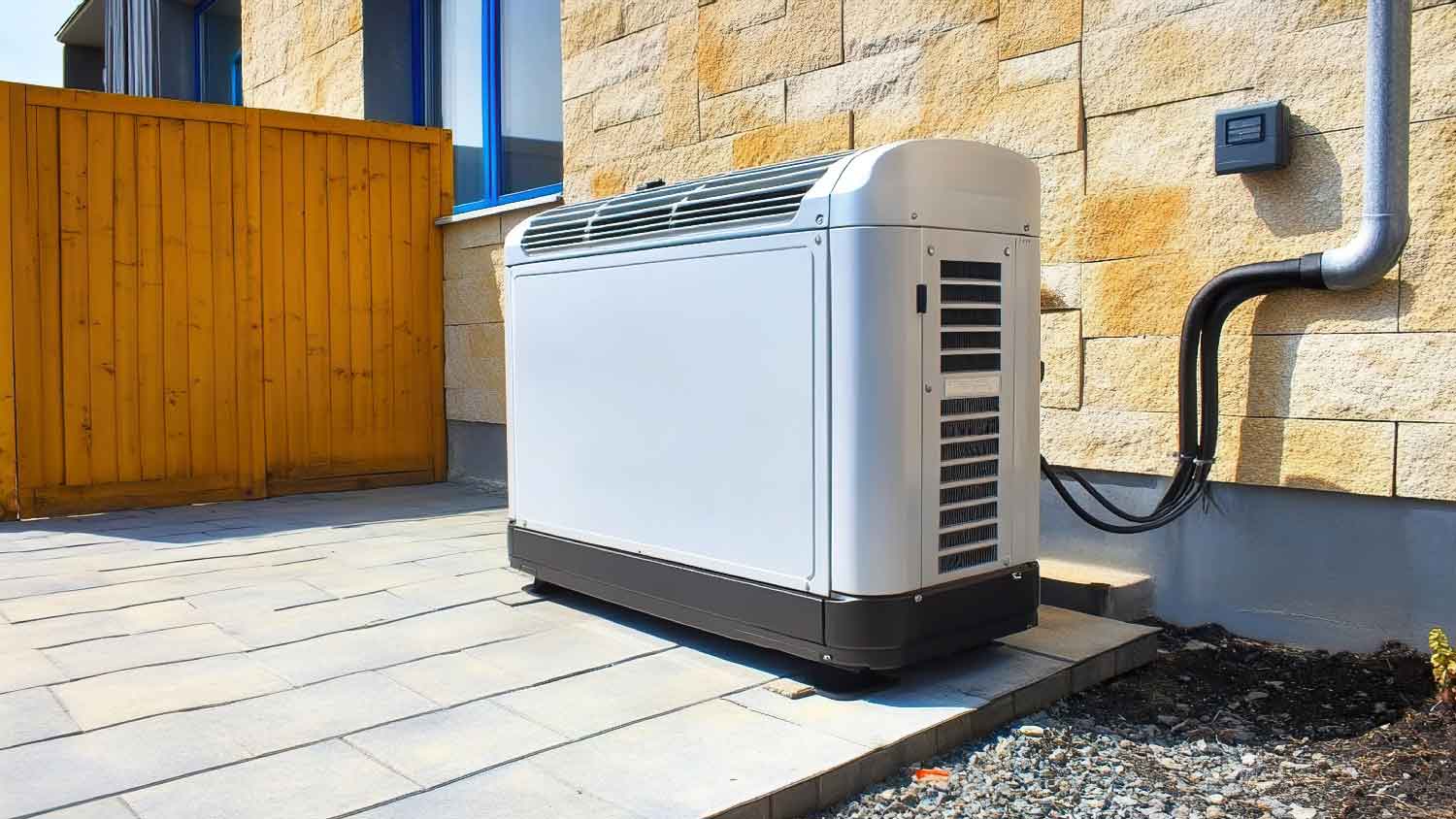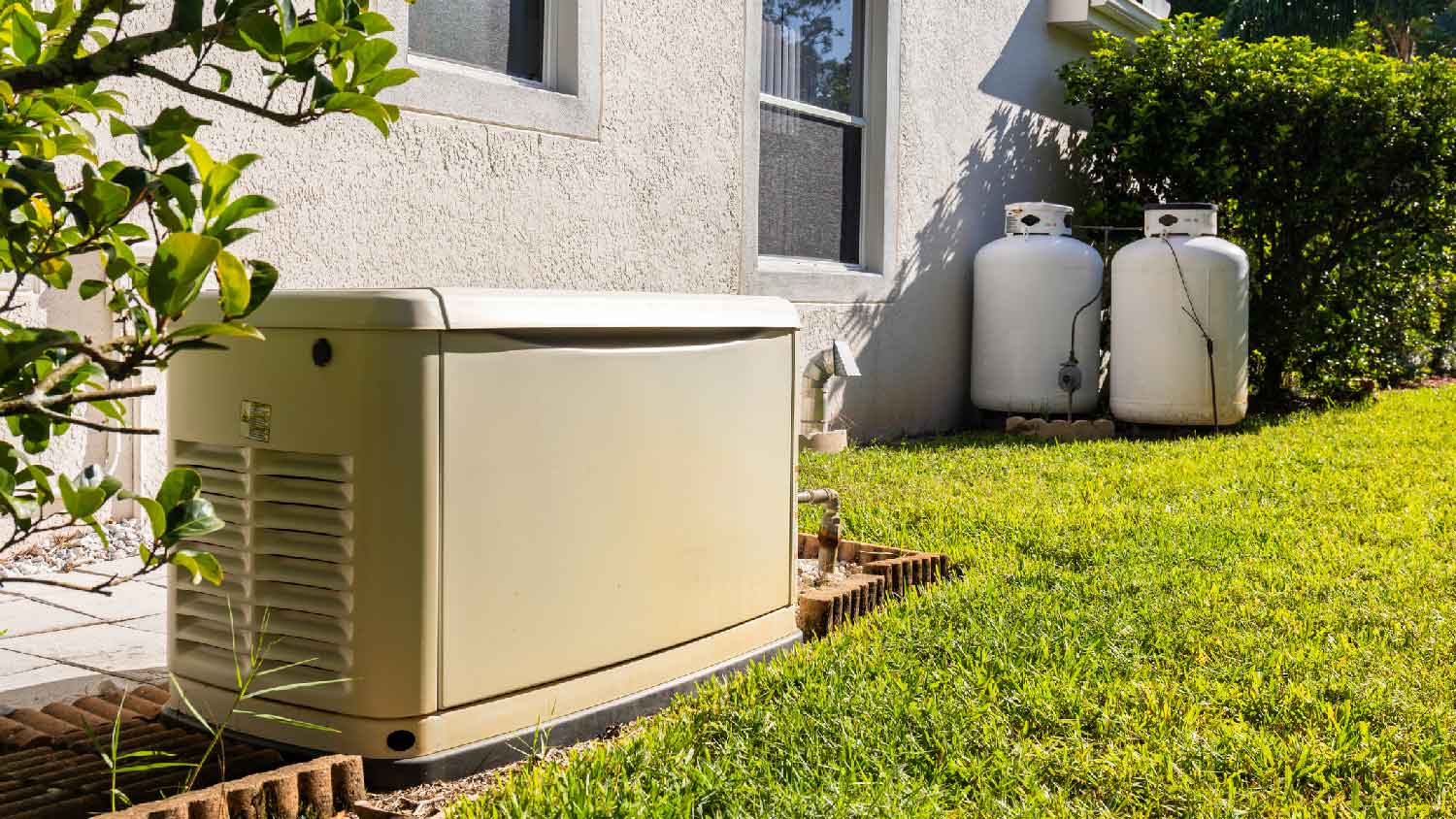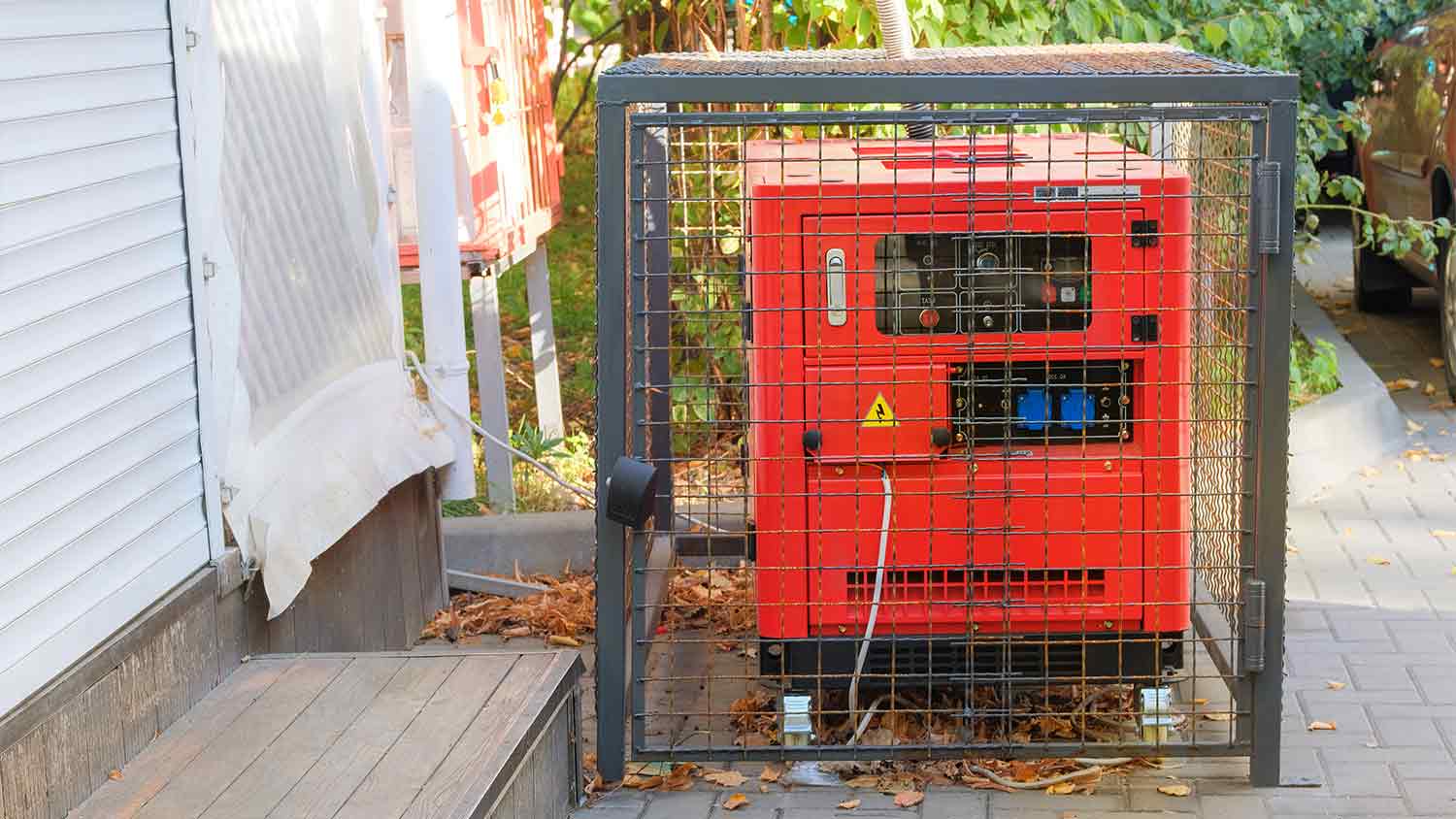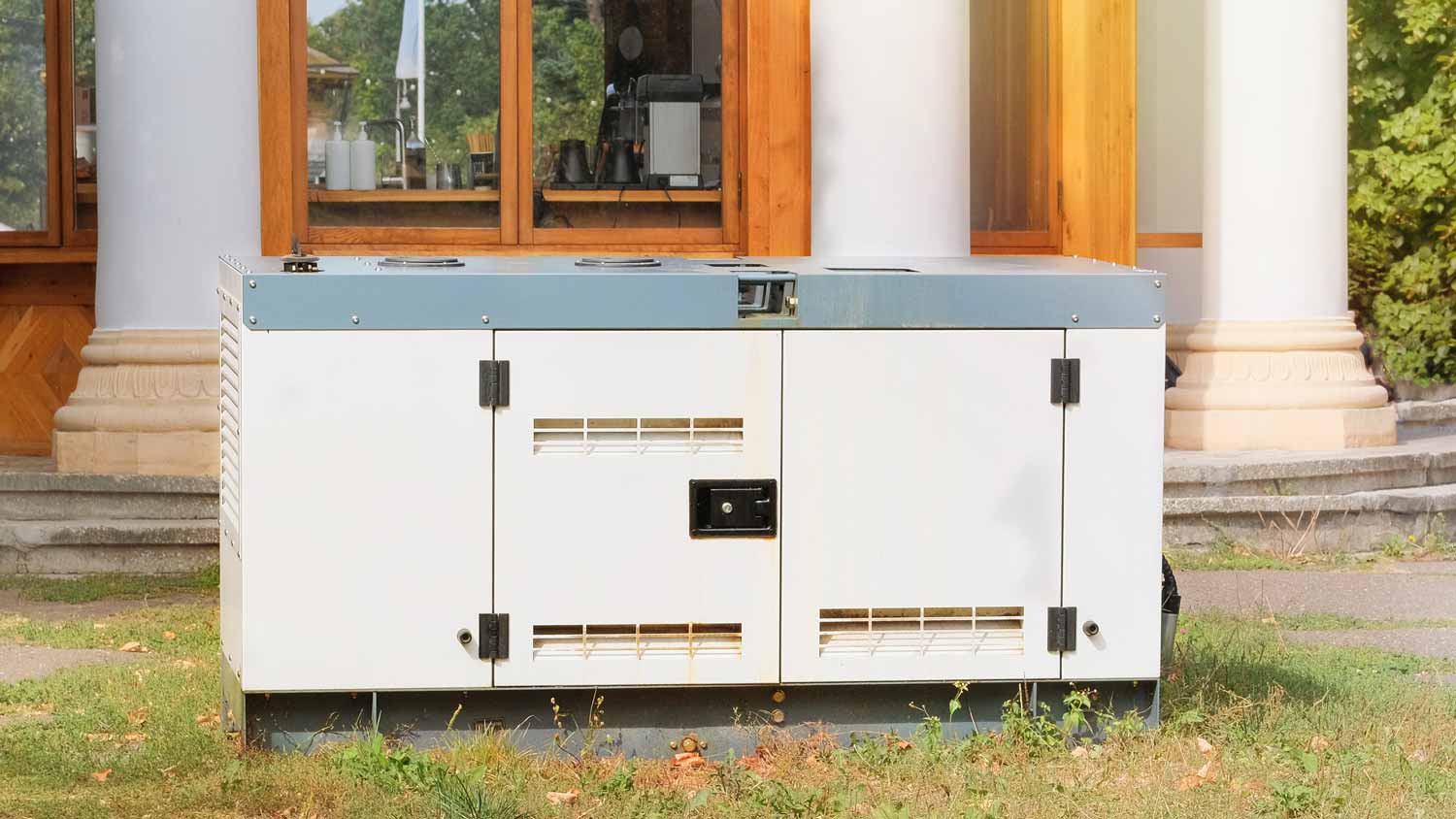Gas Generator vs. Natural Gas Generator: What’s the Difference?
The competition is fierce in this duel of the fuel
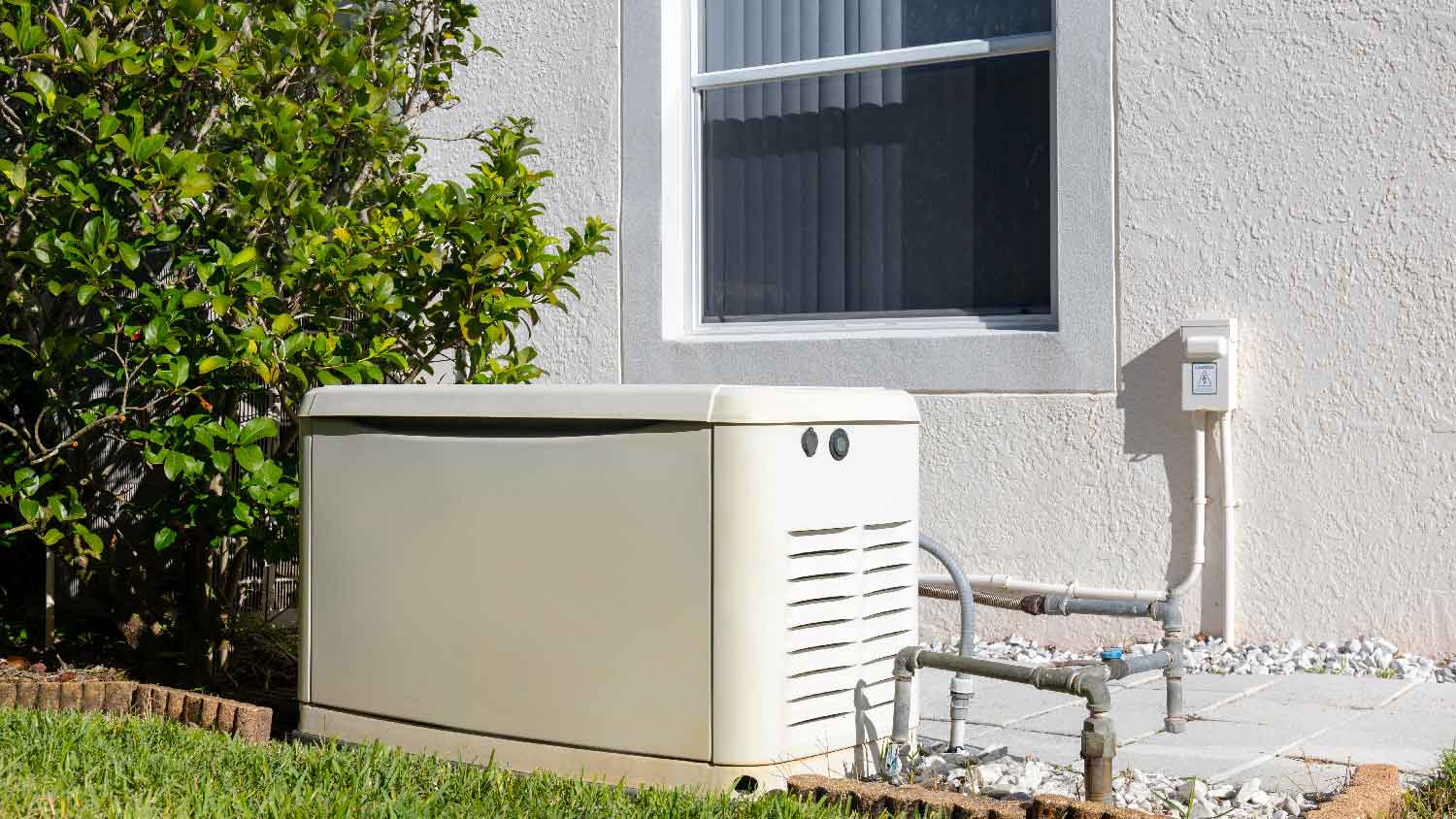

Gas generators are powered by gasoline or propane, whereas natural gas generators run on natural gas.
Gas generators have a lower initial cost, but higher operating costs.
Natural gas generators are costly and complex to install, but offer lower long-term operating costs.
Gas generators are portable and easy to use, but require frequent maintenance.
Natural gas generators are low-maintenance and environmentally-friendly.
The choice between a gas generator and natural gas generator can be a difficult one. After all, they both power your home and run on gas. What exactly is the difference between these two popular generator types? Compare gas vs natural gas generator to make an informed decision.
Gas Generator vs. Natural Gas Generator: Key Differences

The main difference between a gas generator and natural gas generator is the fuel source. Gas generators are fueled by gasoline or propane, while natural gas generators run on natural gas. Additionally, gas generators produce higher levels of carbon dioxide, whereas natural gas burns cleaner and is considered more eco-friendly and efficient.
Gas generators are typically lower in installation cost and portable, but higher in operating cost and require more maintenance. Natural gas generators have a more complex and costly installation, but they are a more budget-friendly option in the long run.
What Is a Gas Generator?
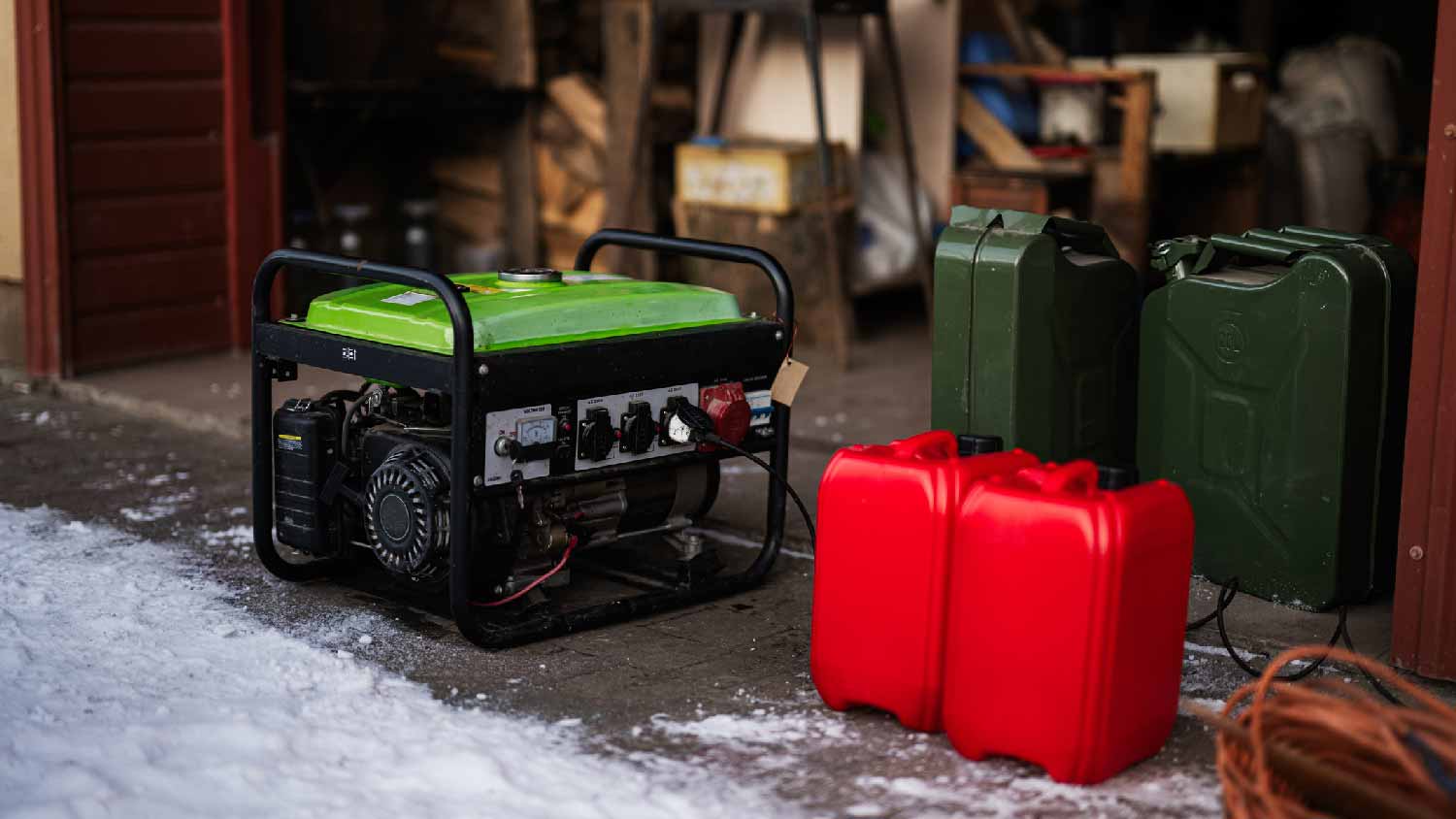
True to its name, a gas generator provides electricity to your home using a gas source—typically gasoline or propane. Gas generators come in a variety of sizes and work best for short-term, portable power needs.
| Pros | Cons |
|---|---|
| Widely available fuel source | Higher operating costs |
| Portable and convenient | Needs to be replenished frequently |
| Easy installation and use | Less environmentally friendly |
| Lower initial cost | Requires more maintenance |
Best for:
Areas without access to natural gas supplies
Budget-conscious individuals seeking an easy user experience
Homeowners who don’t mind frequent maintenance
Remote locations with portable power needs (camping and RVs)
Pros of a Gas Generator
Widely available fuel source: Gasoline and propane are widely available fuel sources. In the event of an emergency when natural gas supplies may be disrupted, gas generators are convenient and reliable.
Portable: Smaller gas generators are easy to transport and can be used at home and remote locations.
Easy installation and use: Portable gas generators are particularly user-friendly, as you only need to add fuel and start the generator according to manufacturer instructions.
Lower initial cost: Unlike natural gas generators, gas generators are initially more affordable because they don’t require complex installation or system infrastructure to run effectively.
Cons of a Gas Generator
Operating costs: Though lower in upfront cost, gas generators need to be replenished with gasoline frequently, which can increase operating costs over time. On average, a small portable generator can usually run for 6 to 10 hours before needing to be replenished.
Environmental impact: Gas generators produce a high level of pollutants that harm the environment, and therefore are less eco-friendly than other generator types.
Maintenance: Keeping your gas generator in optimal condition will require frequent maintenance including refueling, oil changes, filter replacement, battery care, and more.
Storage hazards: Improper storage of a gas generator can cause deadly fires or explosions. Make sure to store your generator and any extra fuel in a dry, cool, and well-ventilated area. Avoid storage in extremely hot temperatures.
What Is a Natural Gas Generator?
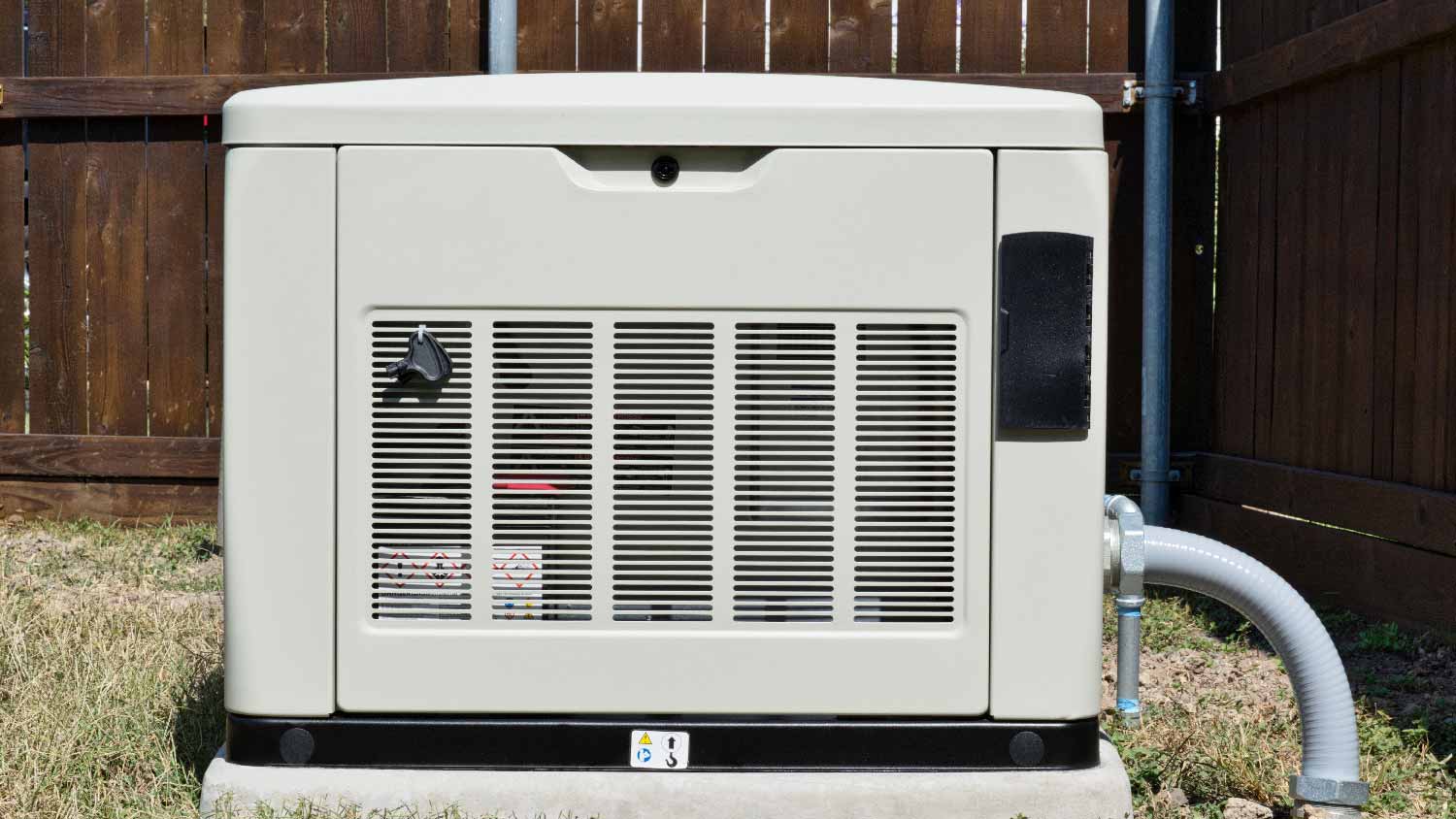
A natural gas generator is attached to a local supply of natural gas via pipeline or tank, powering your home when access to an electrical grid isn’t available. Natural gas is clean-burning, energy-efficient, and abundant in supply.
| Pros | Cons |
|---|---|
| Environmentally friendly | Initial installation cost |
| Lower operating costs | Dependent on natural gas supply |
| Low maintenance | Limited mobility |
| Long run time | Complex installation |
Best for:
Areas with a dependable supply of natural gas
Environmentally-conscious individuals
Remote areas without an electricity grid
Ongoing power needs
Pros of a Natural Gas Generator
Environmentally-friendly: Natural gas burns cleaner than other fuel sources like gasoline or diesel, making natural gas generators ideal for those who want to reduce their carbon footprint.
Lower operating costs: While installation is more expensive, natural gas generators cost less to operate than gas generators. You’ll spend $50 to $100 per day to run a natural gas generator.
Minimal maintenance: Compared to gas generators, natural gas generators require much less maintenance. Hire a local generator professional to regularly service your system, and make sure to change oil and filters as needed.
Run time: With a consistent supply of natural gas, generators can run indefinitely. This makes natural gas generators extremely convenient for users.
Cons of a Natural Gas Generator
Initial installation cost: Natural gas generator installation can be quite complex, as the generator must be hooked up to an underground pipeline of natural gas. Installing a natural gas generator costs between $3,000 to $26,000 or more.
Dependent on natural gas supply: In the event of inclement weather or a natural disaster, natural gas supplies can be disrupted, making natural gas generators inoperable.
Limited mobility: Since natural gas generators need to be attached to a gas line, their locations are limited, which can be inconvenient.
Complex installation: Installing a natural gas generator involves accessing gas lines which requires time, skill, and adherence to local regulations.
Gas Generator vs. Natural Gas Generator

So far, we’ve covered the key differences between gas generators and natural gas generators along with pros and cons. Now let’s consider how these two generator types compare in several categories.
Price: Tie
While gas generators are more affordable to purchase upfront, natural gas generators have lower long-term operating costs. Natural gas is also less expensive than the price of gasoline.
However, the most economical option will depend on your specific usage and budget needs. Users that value initial affordability may opt for a gas generator, while those who are concerned about long-term costs may benefit more from using a natural gas generator.
Eco-Friendliness: Natural Gas Generator
Natural gas generators outshine gas generators by a landslide when it comes to eco-friendliness. Natural gas produces significantly lower amounts of carbon dioxide and other harmful pollutants. It’s also clean-burning and efficient. Gas, on the other hand, is less energy-efficient than natural gas and emits high levels of greenhouse gases.
Maintenance: Natural Gas Generator
Once installed, natural gas generators require much less maintenance than gas generators. You’ll only need to inspect fuel lines, replace air filters, and monitor system levels periodically. Gas generators, however, require refueling, oil changes, battery care, filter replacement, and overall system inspection on a regular basis.
Ease of Installation: Gas Generator
Gas generators are much easier to install than natural gas generators. All you’ll need to do is set up your generator in a safe place, fuel it, and begin using it according to manufacturer instructions. Conversely, natural gas generator installation is complex and requires the help of a local generator installer.


